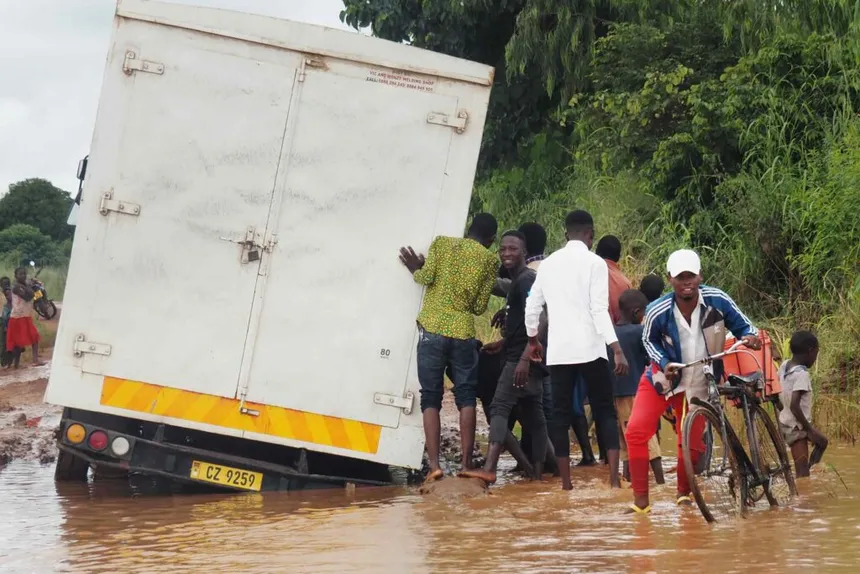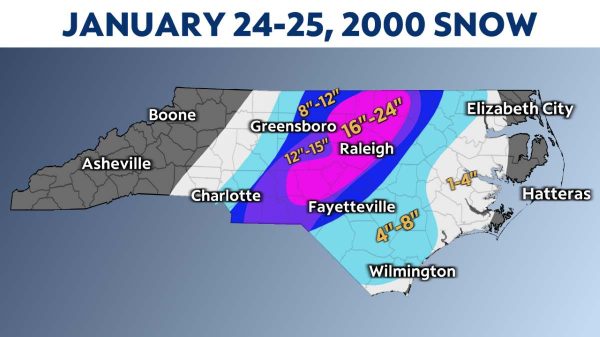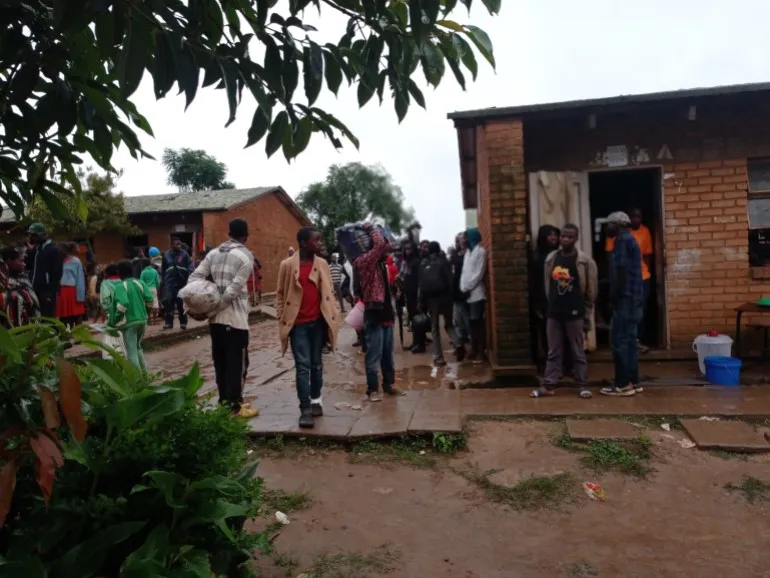The cyclone Freddy disaster has left behind a trail of devastation and destruction in Malawi and Mozambique, claiming the lives of over 250 people and displacing tens of thousands more. The cyclone, which dissipated over land late on Wednesday, has shown the devastating impact of climate change on communities, exacerbating weather patterns and causing more intense and frequent natural disasters.
The aftermath of the cyclone has seen extensive damage to infrastructure, with roads and bridges swept away, cutting off communities from much-needed support. Houses and homes have been destroyed, leaving families stranded and out in the cold, with many forced to take shelter in camps with limited resources, including food and clean water. The lack of running water for four days will undoubtedly lead to contaminated water, a massive concern given the ongoing cholera outbreak in Malawi.
As rescue efforts continue, concerns are being raised about the potential for the death toll to rise, especially given the vulnerability of older people and those living in camps. The cyclone has also disrupted health services, making it challenging to respond to the cholera outbreak, with experts warning of the likelihood of cross-border spread of the disease. Both countries have recorded over 3,000 new cases of cholera in the past week, and the situation is expected to deteriorate further unless immediate support is provided.

Cyclone Freddy Devastates Malawi and Mozambique, Triggering Urgent Relief Efforts
Climate change is being blamed for the increasing intensity and frequency of cyclones like Freddy, which has caused destruction in southern Africa since late February. Australia’s La Nina event, which impacts global weather patterns, has been linked to the increased cyclone activity in the region in recent years. Cyclone Freddy serves as a stark reminder of the devastating impact on communities and the importance of climate resilience and preparedness.
As the affected communities struggle to recover from the disaster, governments, relief organizations, and individuals must come together to provide support and assistance. The outpouring of sympathy and aid is crucial in helping the affected populations to rebuild and recover from the disaster.











































